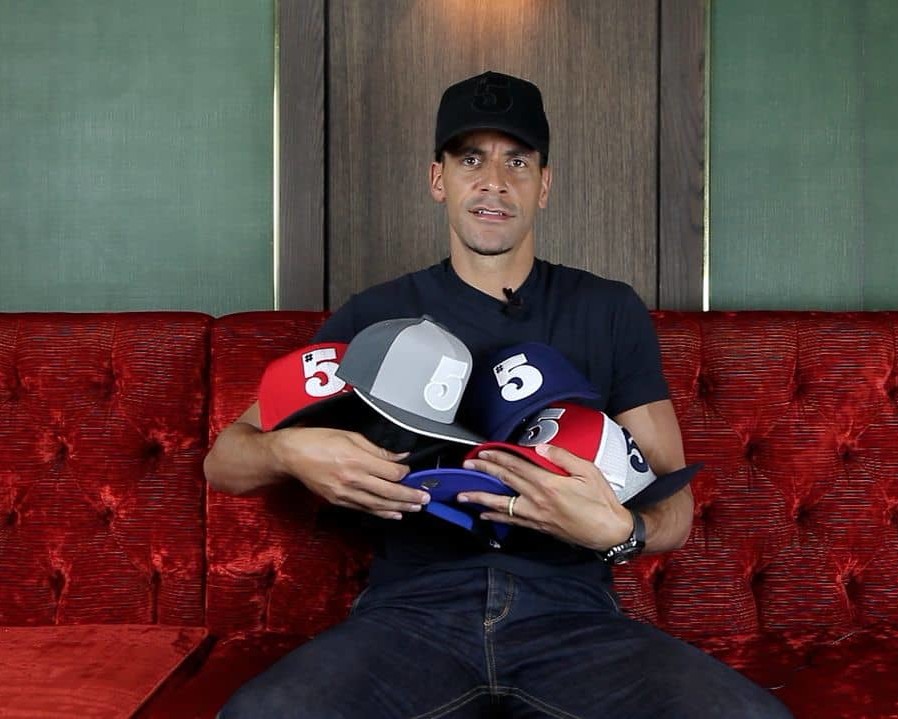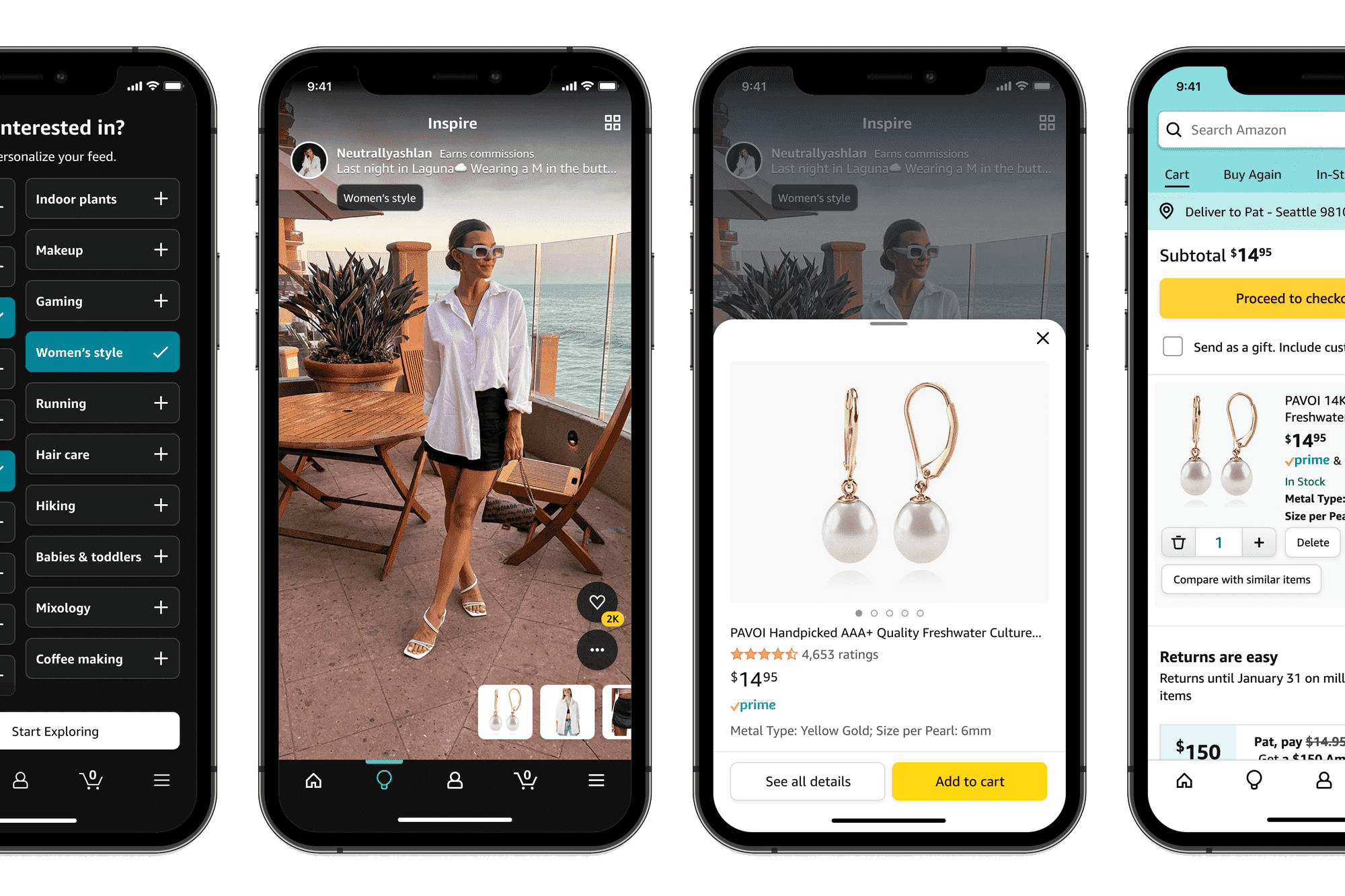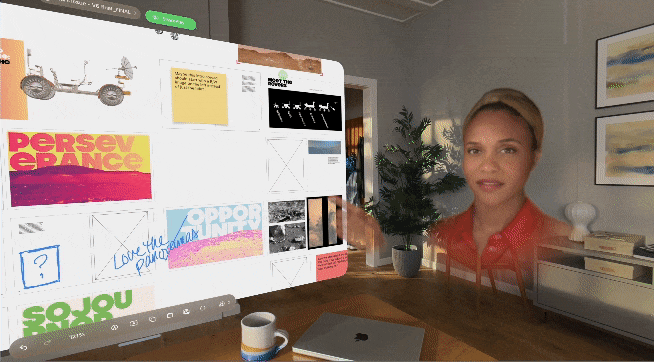What do the Manchester United and England footballer Rio Ferdinand, Jamie Oliver and Peaches Geldof have in common? The answer is that they are all using their celebrity to produce magazines.
Celebrity-endorsed magazines remain rare in the UK, unlike in the US where Oprah Winfrey’s award-winning O Magazine and Martha Stewart Living enjoy combined sales of almost 3m a month. Yet a slew of recent launches suggests that things are changing despite the economic downturn.
Jamie Oliver launched his self-titled bimonthly food magazine before Christmas – and at the same time Peaches teamed up with the former Loaded editor James Brown to launch the music, film and style title, Disappear Here. They will be joined later this month when Ferdinand makes his publishing debut with the launch of his bimonthly digital lifestyle magazine, #5.
Iestyn George, a former NME and GQ magazine writer and now editor of #5, won’t reveal how much that project is costing. Ferdinand and other partners are footing the bill for the joint venture between George’s digital publishing firm, Made Up Media, and his own management firm, New Era. George points out that digital-only publication will help cut costs.
Ferdinand, he adds, provides more than a useful contacts book. His name also helps forge partnerships. The magazine, which will be distributed for free, has struck marketing deals with MUTV and Setanta Sports, its producers say.
They also claim to have secured commercial deals with Nike and EA Sports and worked with a variety of media brands, including GQ, MSN and MTV, seeding exclusive content in exchange for data for email marketing campaigns and promotion of the publication.
George claims #5 will have access to “at least 2 million” possible readers at its launch. He denies this constitutes a “spamming exercise” to those web users who have signed up with his partners.
George says the magazine was going to be called Rio, but Ferdinand insisted on #5. Keeping his name out of the title, though, does not prevent the magazine being seen as a vanity project alongside Ferdinand’s short-lived Jeremy Beadle-style World Cup Wind-Ups TV show and dalliances with music production.
“It’s not about Rio, it’s not a vanity project by any means,” George maintains. “I can completely understand preconceptions that all it will be about it is Baby Bentleys and bling,” he says, adding that people will be surprised by the editorial content when it launches on 23 April.
The first issue, George reveals, will be multimedia-heavy – in the vein of Dennis Publishing’s Monkey magazine – and contain Ferdinand’s interview with his celebrity friend 50 Cent. It also includes an interview with Mickey Rourke, as well as Ferdinand’s Man Utd team-mate Ronaldo displaying his array of footballing tricks.
Having a celebrity on board may be a good “in”, says Barker of Homes & Gardens, but it does not guarantee quality interviews and cosy celebrity chats can easily grate.
Mindshare’s Thomas argues that Ferdinand lacks the editorial clout to make crossover success in publishing likely. “Rio Ferdinand is a footballer not a journalist, and he has no inherent value as a commentator,” he says. “Oprah has the ability as a commentator from the popularity of her TV shows to cross over. He doesn’t. That’s why I don’t think he’ll be successful, but I could be wrong.”



